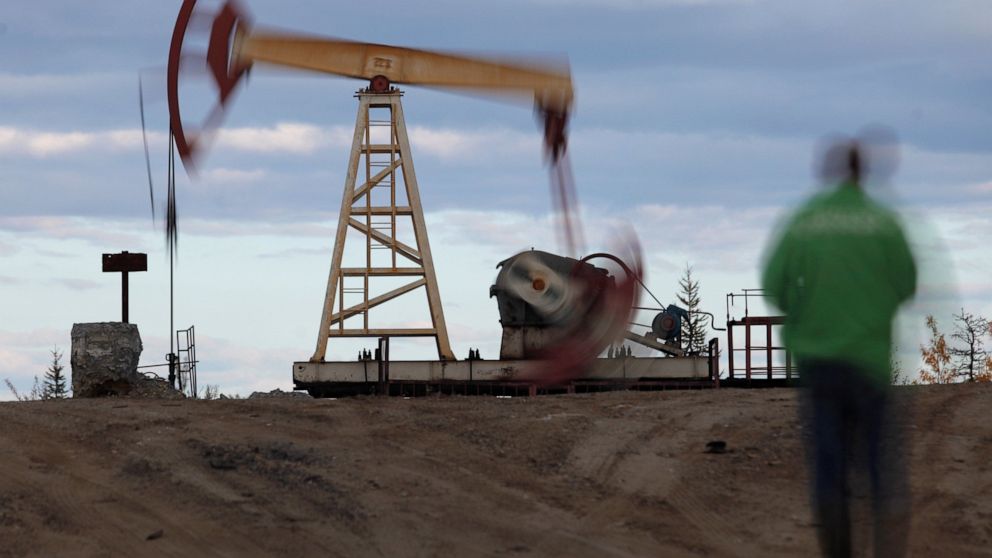EU wrestles with Russia oil embargo as leaders gather
BRUSSELS — European Union leaders will gather Monday in a new show of solidarity with Ukraine, but divisions over whether to target Russian oil in a new series of sanctions are exposing the limits of how far the bloc can go to help the war-torn country.
Ukrainian President Volodymyr Zelenskyy, who will address the 27 heads of state and government by videoconference in the evening, has repeatedly demanded that the EU target Russia’s lucrative energy sector and deprive Moscow of billions of dollars each day in supply payments.
But Hungary is leading a group of countries — along with Slovakia, the Czech Republic and Bulgaria — that rely on Russian oil and can’t afford to take such steps. Hungary gets more than 60% of its oil from Russia and 85% of its natural gas. Hungarian Prime Minister Viktor Orban has insisted that an oil embargo should not be discussed at the summit.
The EU has already imposed five rounds of sanctions on Russia over its war in Ukraine. The bloc has targeted more than 1,000 people, including Russian President Vladimir Putin and top government officials, as well as pro-Kremlin oligarchs, banks, the coal sector and more.
A sixth package was announced on May 4, but the holdup over oil is embarrassing the bloc. Before the summit, officials suggested that a solution might be found by targeting oil transported by ships and holding fire on the pipeline oil so valuable to Hungary.
“If we target the oil arriving by sea, we’ll hit at least two thirds of exports, perhaps more,” a senior EU official said on condition of anonymity because of the sensitive nature of the negotiations. Hungary and Slovakia depend on Russian oil they receives through the Soviet-era Druzhba pipeline.
The problem with hitting sea transported oil is that countries like Belgium, Germany and the Netherlands most reliant on that form would suffer a surge in oil prices, distorting competition because Hungary would still be purchasing cheaper Russian oil. Experts failed to reach agreement on such a move over the weekend, but continued their talks before the summit.
The two-day summit in Brussels will also focus on continued EU financial support to Ukraine — probably the endorsement of a 9 billion-euro ($9.7 billion) tranche of assistance — and on military help and war crimes investigations.
The issue of food security will be on the table Tuesday, with the leaders set to encourage their governments to speed up work on “solidarity lanes” to help Ukraine export grain and other produce.
A small group of protesters gathered outside EU buildings before the summit, with some holding signs like “No to Russian oil and gas.”
———
Follow the AP’s coverage of the war at https://apnews.com/hub/russia-ukraine
![]()


